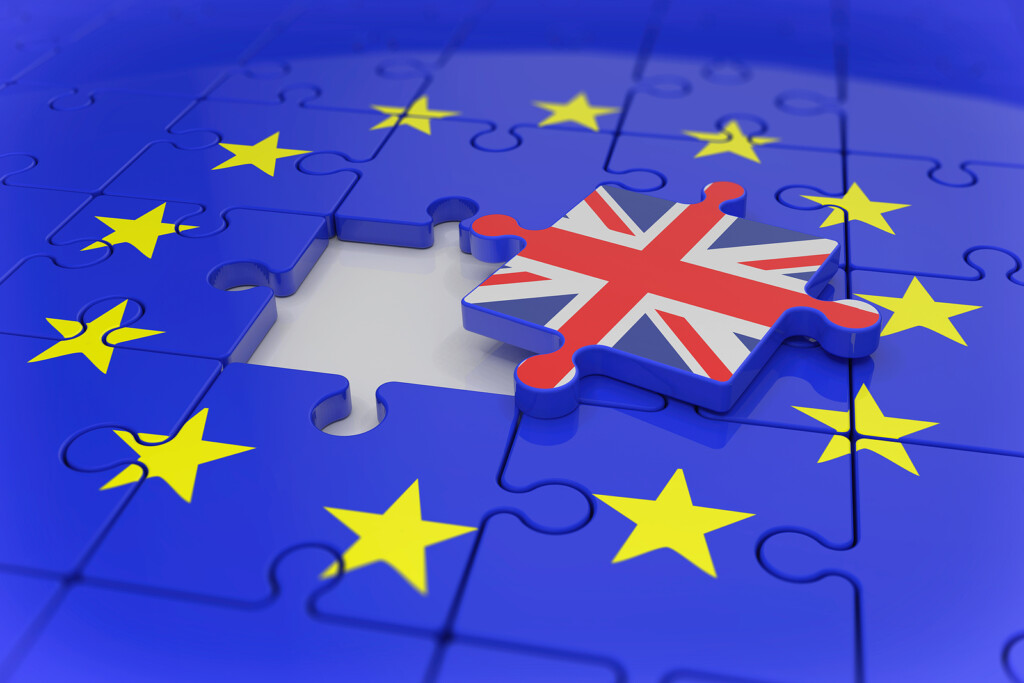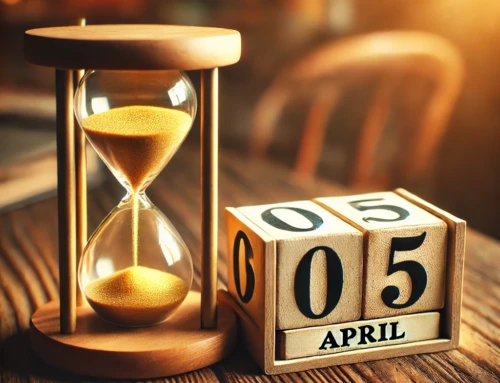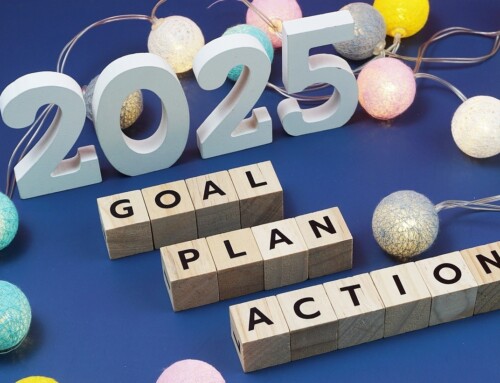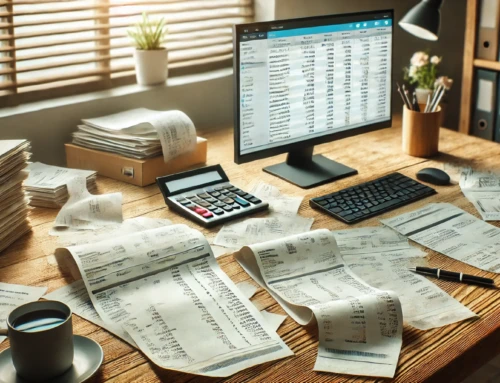
The UK/EU withdrawal agreement expires at 11pm GMT on 31 December 2020. After that date, the UK will become a separate customs territory from the EU. This means that from 1 January 2021, all imports and exports of goods to, and from, the EU will become subject to customs procedures, both in respect of EU goods imported into the UK and UK goods exported to the EU.
These new customs procedures and processes will come into force on 1 January 2021, whether or not the UK and the EU enter into a free trade agreement. The UK’s negotiations with the EU will have absolutely no impact on the urgent need to review your importing and exporting arrangements and potentially take action.
What you need to do?
There are clear actions traders should take to prepare for the staged introduction of customs controls. These will need to be met before moving goods after 11pm GMT on 31 December 2020. All involved in supply chains will also need to consider the EU border requirements, procedures and access to EU or individual Member State’s systems.
1) Apply for a GB EORI number
To import or export goods into the UK you will need a GB Economic Operator Registration and Identification (EORI) number. This is required for all businesses (traders and haulers) moving goods into, or out of, GB including those delaying their import declarations. The application process takes about five to ten minutes, but it can take up to a week to get the number.
2) Apply for an EU EORI number
Some GB traders or haulers may also need an EU EORI number if their business will be making customs declarations or getting a customs decision in the EU.
3) Get a Customs Intermediary
Customs declarations are complicated. Most businesses that currently trade outside the EU use an intermediary, such as customs agents, Fast Parcel Operators (FPOs), Freight Forwarders (FFs) or brokers, to help them meet the customs requirements.
Using an intermediary simplifies the declaration processes for traders – they can help them find the information needed to complete formalities and submit the required declarations into HMRC’s customs systems, including for example, information such as the value and origin of goods.
4) Apply for a Duty Deferment Account (DDA)
The basic rules of customs are that imported goods need to be declared, and any duties (which could include VAT, customs and excise duties), are paid at the time of importation. However, traders who import goods regularly may benefit from having a DDA. This enables customs charges, including customs duty, excise duty and import VAT, to be paid once a month through Direct Debit instead of being paid on individual consignments.
With effect from 1 January 2021, VAT registered traders can account for import VAT on their VAT return using postponed VAT accounting. To set up a DDA, traders, or their representatives, apply for a deferment account number (DAN) and will need to be authorised by HMRC. New rules are being introduced which will allow most traders to use duty deferment without a Customs Comprehensive Guarantee (CCG).
5) Prepare to Pay or Account for VAT on Imported Goods
From 1 January 2021, if you are VAT registered, completing full customs declarations and have chosen not to defer your customs declaration, you can choose to adopt postponed VAT accounting to account for import VAT via the VAT return, rather than paying it immediately (i.e. at the port of entry).
If you are importing non-controlled goods (see HMRC’s list of controlled goods from 1 January 2021) and either delaying your supplementary customs declaration or using the Simplified Customs Declaration process where authorised to do so, and make an Entry in Declarants Records, the businesses must use postponed VAT accounting.
Non-VAT registered traders (and any VAT registered traders not using postponed VAT accounting) will need to report and pay import VAT through the customs processes. Within this context, VAT payments can be deferred using a DDA.
With regards to VAT on imports of goods in consignments not exceeding £135 (excluding excise and consumer to consumer consignments), the point at which VAT is collected will be moved from the point of importation to the point of sale. This will mean that UK VAT, rather than import VAT, will be due on these consignments and therefore accounted for via the VAT return.
If you are worried about the impact of Brexit please get in contact with us.
Download a PDF version here.






